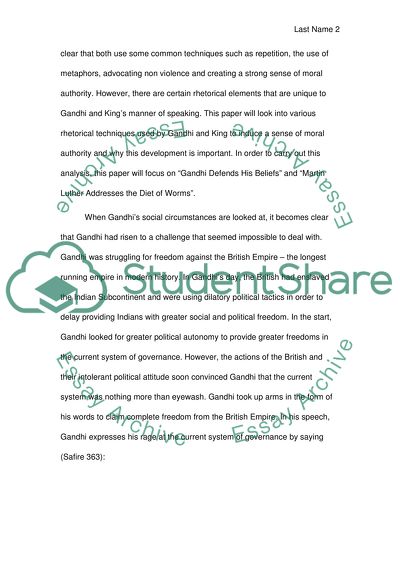Cite this document
(“Literary Analysis Essay Example | Topics and Well Written Essays - 1250 words”, n.d.)
Literary Analysis Essay Example | Topics and Well Written Essays - 1250 words. Retrieved from https://studentshare.org/other/1400348-literary-analysis
Literary Analysis Essay Example | Topics and Well Written Essays - 1250 words. Retrieved from https://studentshare.org/other/1400348-literary-analysis
(Literary Analysis Essay Example | Topics and Well Written Essays - 1250 Words)
Literary Analysis Essay Example | Topics and Well Written Essays - 1250 Words. https://studentshare.org/other/1400348-literary-analysis.
Literary Analysis Essay Example | Topics and Well Written Essays - 1250 Words. https://studentshare.org/other/1400348-literary-analysis.
“Literary Analysis Essay Example | Topics and Well Written Essays - 1250 Words”, n.d. https://studentshare.org/other/1400348-literary-analysis.


